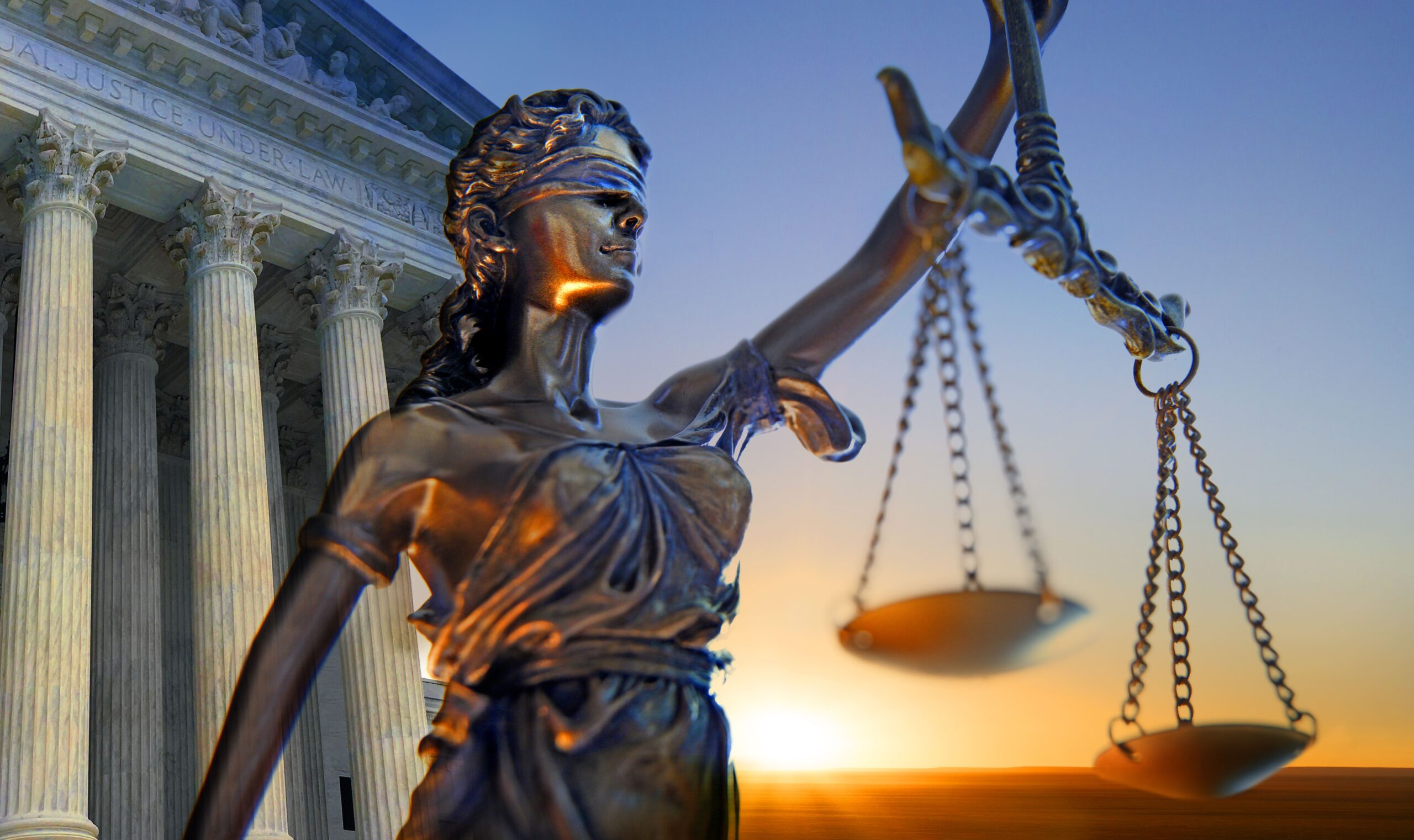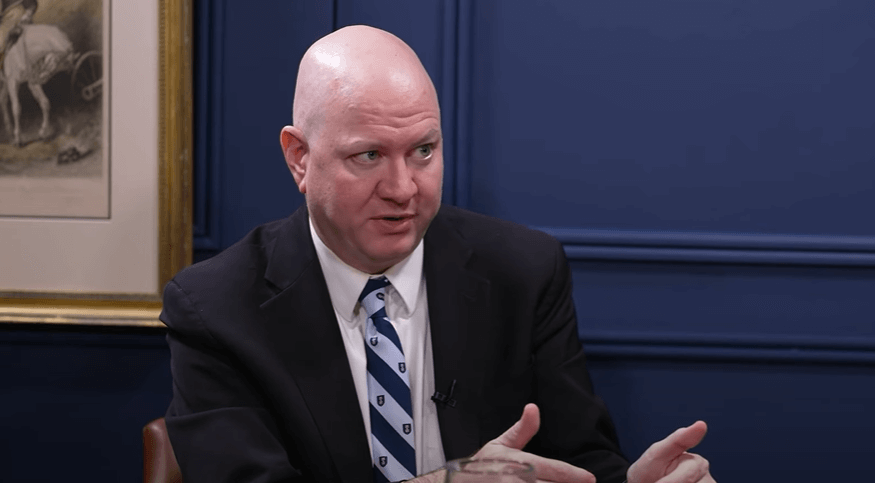Constitutionalism is the systematic constraint of government power. An older sense of the term constitution, tracing back to Aristotle, is simply descriptive. In that older usage, a constitution refers to the laws, institutions, and practices that organize and direct a government and political system. In this sense, every political system has a constitution. Especially since the American Founding, the idea of a constitution has taken on a more specific and value-laden meaning; it now refers to the establishment of a particular kind of political order. Modern constitutions place limits on and organize government. In modern terms, some nations are constitutional, with limited and accountable governments, and others are not. Constitutionalism is a central mechanism for controlling political power and securing liberty.
Constitutionalism is the political response to Lord Acton’s famous observation that power corrupts and absolute power corrupts absolutely. Constitutionalism resists the creation of absolute political power. Absolute power was once widely defended as essential to securing order and advancing the public good. The existence of absolute political power, particularly in the hands of a monarch, was deemed vital to any stable political system, and this proposition was argued at length by writers such as Jean Bodin, Thomas Hobbes, and England’s King James I, among many others, in sixteenth- and seventeenth-century Europe. Others, notably including John Locke and the British judge Edward Coke, insisted that the authority of political leaders was limited, that individuals had rights that must be respected, and that government officials should be politically accountable and subject to the rule of law. Although not governed by any single written document, British constitutionalism as it developed in the seventeenth century emphasized the legislature as a check on executive power and individual rights as expressed in the judge-made common law.
The American founders inherited this understanding of constitutionalism and added to it. Two separate aspects of American, and modern, constitutionalism, can be distinguished. Both aspects emphasize the importance of controlling political power and protecting individual liberties from government abuse, but they highlight different paths to that common goal. The first, and in many ways the most distinctively American contribution to constitutionalism, is the notion of the constitution as a fundamental law. In keeping with the early American understandings of natural law and the common law, American constitutionalism recognizes that some rights are fundamental and cannot be appropriately abridged by government. Constitutionalism recognizes that there is a higher law superior to the acts of the government and against which the acts of the government can be judged. The American founding is distinctive, and influential, in creating a single written document grounded in popular consent that is both clearly visible and legally enforceable against government officials. Constitutionalism gives legal status to the principles of just government.
A second aspect of constitutionalism is the fragmentation of political power and the creation of mechanisms of political accountability. Rather than consolidating political power in a single set of hands, constitutionalism widely distributes political power. In sixteenth- and seventeenth-century Britain, the parliamentary power to raise taxes was separated from the monarchical power to spend, forcing the king to win the cooperation of Parliament to support his decisions. In the U.S. Constitution, the power to make laws is divided between the House of Representatives, the Senate, and the president. The Senate must confirm presidential choices of persons to occupy judicial and executive offices. An independent judiciary helps ensure that the executive follows the law produced by the legislature. Elections help hold government officials accountable to the people for their decisions, and the diversity of elected offices helps to represent the diversity of the citizenry. Government responsibilities are divided between the federal and the state governments. The separation of powers, checks and balances, elections, and federalism all serve to distribute political power, to hold political officials responsible for their actions, and to force government to work through compromise, cooperation, and consensus. In this second aspect of constitutionalism, as James Madison observed, ambition is made to counteract ambition by empowering multiple distinct and rival interests.
Both of these aspects of constitutionalism are aimed not at weakening government but at controlling it and channeling its activities toward the public good. Constitutionalism is opposed to arbitrary and absolute political power, whether that power is exercised democratically or not. Constitutionalism asserts that there are limits to what government can justly do and creates institutions to prevent government from overstepping those limits.
Further Reading
Carl Friedrich, Constitutional Government and Democracy
Scott Gordon, Controlling the State: Constitutionalism from Ancient Athens to Today
Charles Howard McIlwain, Constitutionalism: Ancient and Modern
Gordon S. Wood, The Creation of the American Republic
This entry was originally published in American Conservatism: An Encyclopedia, p. 191.















